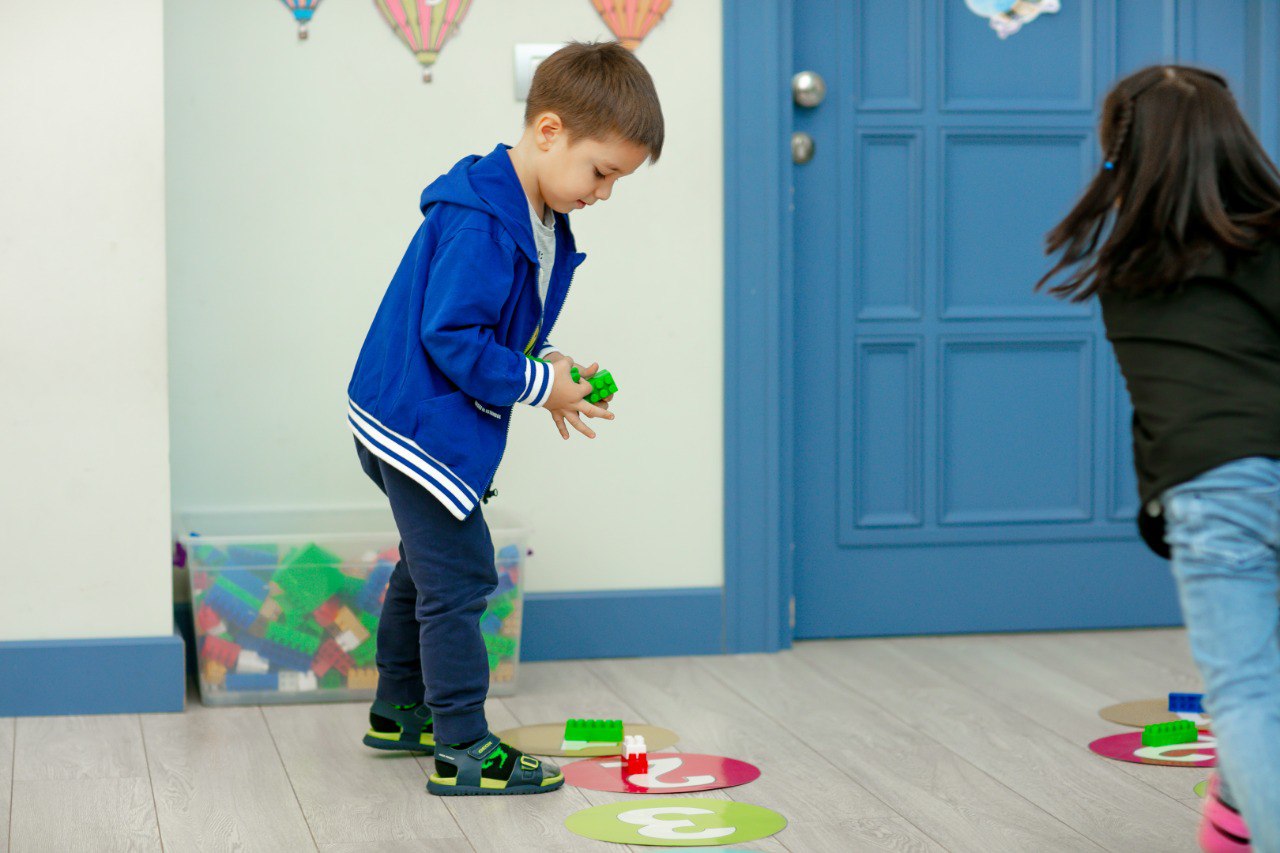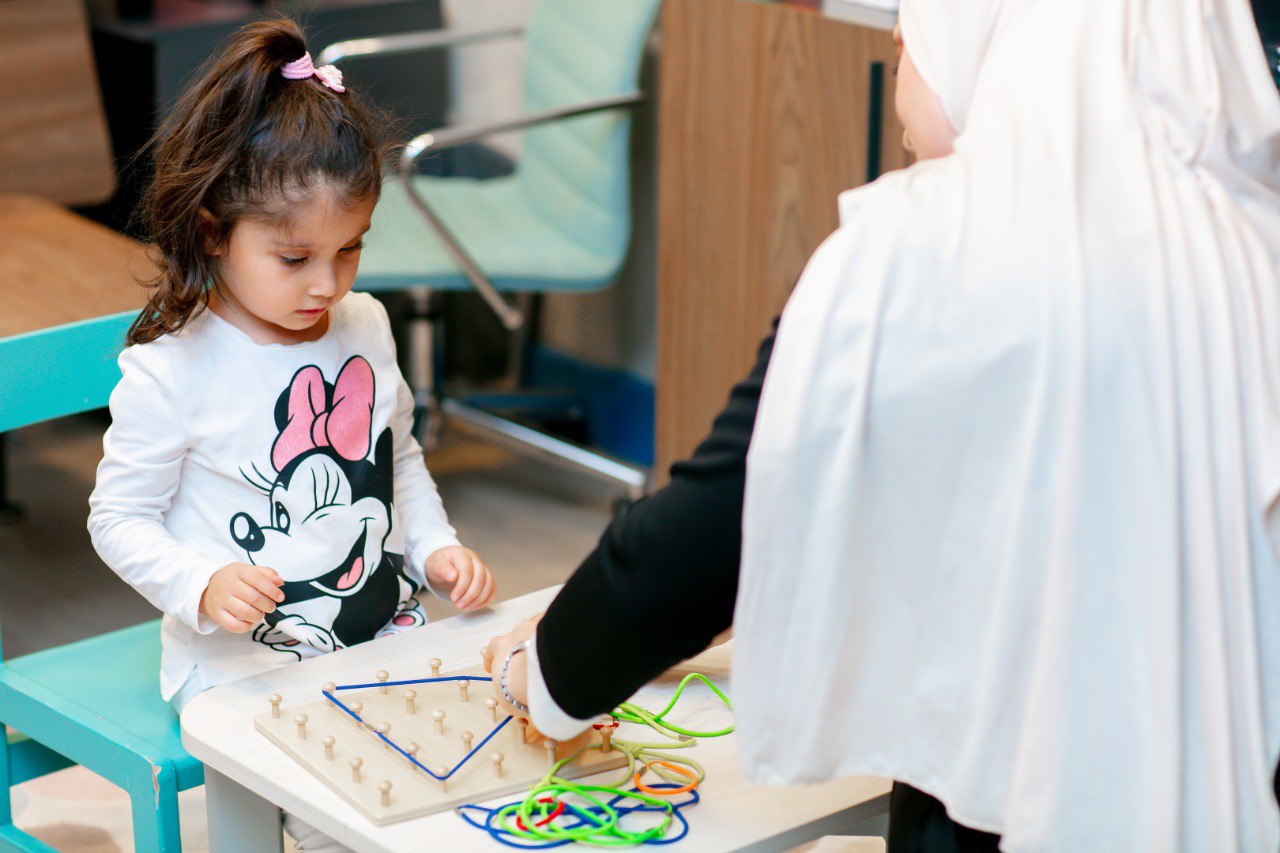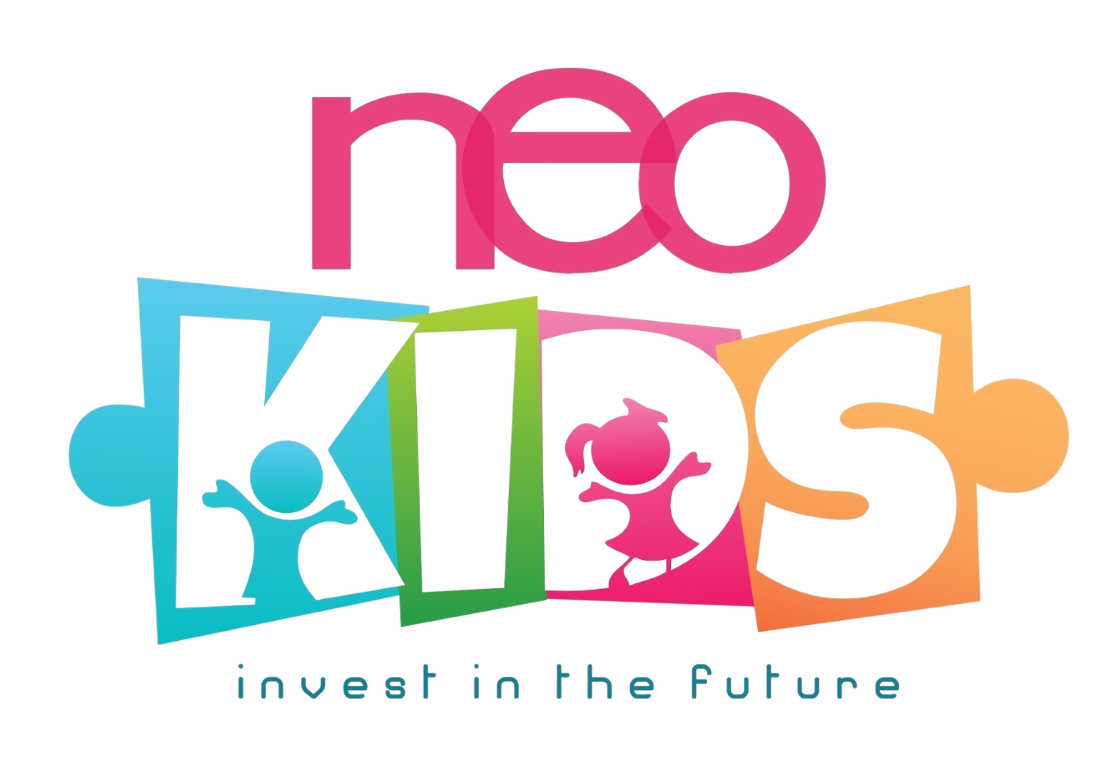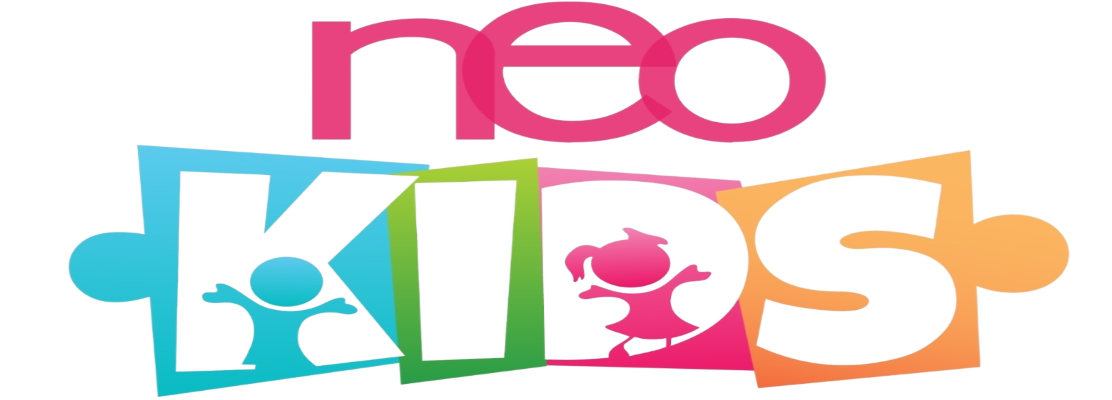Other Services
Useful Documents
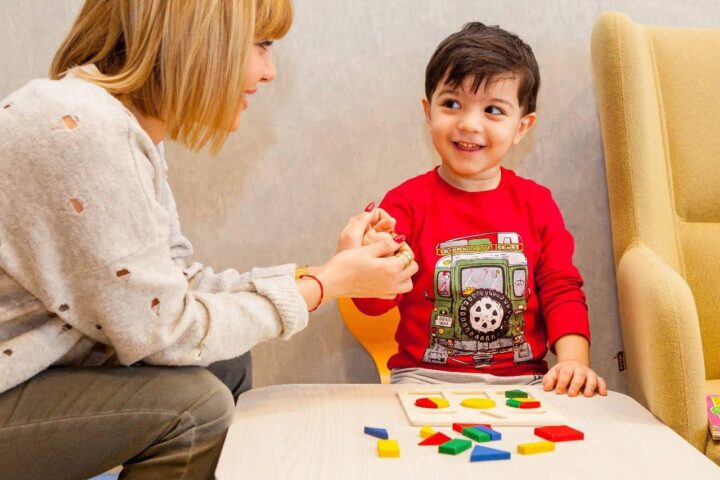
Montessori lessons
Montessori lessons aim to develop children’s independent thinking, problem-solving, and decision-making skills. These lessons are based on the Montessori methodology, which provides a learning environment tailored to the children’s interests. Learning is conducted through play, utilizing special educational materials such as sensory toys, number, and letter blocks.
This approach allows children to learn at their own pace, enabling them to better realize their potential.
Additionally, it supports the development of self-confidence, as each task is designed to match their age and skill level. As a result, children achieve a more balanced development in both academic and social skills.

Independent Thinking
Teaches children to make decisions independently.

Learning Through Play
Increases children’s interest in education through play.

Pace-Based Progress
Gives every child the opportunity to learn at their own speed.
How Does the Montessori Curriculum Work?
The Montessori Curriculum provides children with learning opportunities in five key areas: Practical Life, Sensorial, Mathematics, Language, and Cultural Studies. Children engage with educational materials independently, progressing at their own pace based on their developmental stage and interests. Educators observe and support the process, intervening only when necessary to encourage independence. Through repetition and practice, children develop deep knowledge and skills in each area.
- Practical: Independence, social skills, and care for the environment.
- Sensorial: Colors, shapes, textures, weights, dimensions, and distinguishing between tastes, smells, and sounds.
- Culture: Geography, botany, zoology, science, history, music, and art.
- Mathematics: Numbers, quantities, addition, subtraction, multiplication, division, and the decimal system.
- Language: Oral language, phonics, letter formation, sentence structure, writing, and reading.
